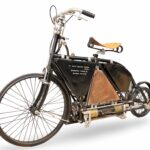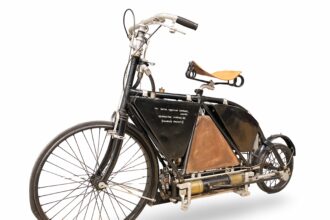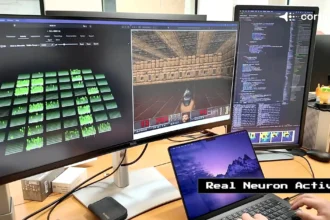A patient has been fitted with the UK’s first ever pacemaker for the brain to treat epilepsy.
A team, led by neurosurgeon Chris Cowie, carried out the surgery to attach the device – which uses electrodes to stimulate the brain and mitigate the impact of seizures – to the patient’s skull.
The Epicranial Application of Stimulation Electrodes for Epilepsy (EASEE) device sits directly over the area of their brain impacted by their epilepsy.
READ MORE: Newly-single driver celebrates split from ‘cheating’ ex by writing ‘Just Divorced’ on car window
- Advertisement -
The ground-breaking procedure is described as “potentially life-changing” for those living with certain forms of the condition.
Epilepsy can be caused by changes in electrical signals on the surface of the brain.
It can lead to seizures multiple times a day which can be debilitating and frightening for those experiencing them.

There are estimated to be around 630,000 people living with epilepsy in the UK, according to Epilepsy Action.
About 450 people each year require surgery to remove the part of the brain causing the seizures, which carries its own risks.
- Advertisement -
But the EASEE device, from med-tech company Precisis, uses individual brain stimulation to act as a pacemaker for the brain, as reported by What’s The Jam.
It uses two methods – “direct-like-stimulation” with the aim of reducing “overactive neurons” and “high frequency stimulation” which uses pulses to attempt to prevent upcoming seizures.
Mr Cowie, of the Royal Victoria Infirmary, Newcastle upon Tyne, said the new device was “pioneering”.
- Advertisement -
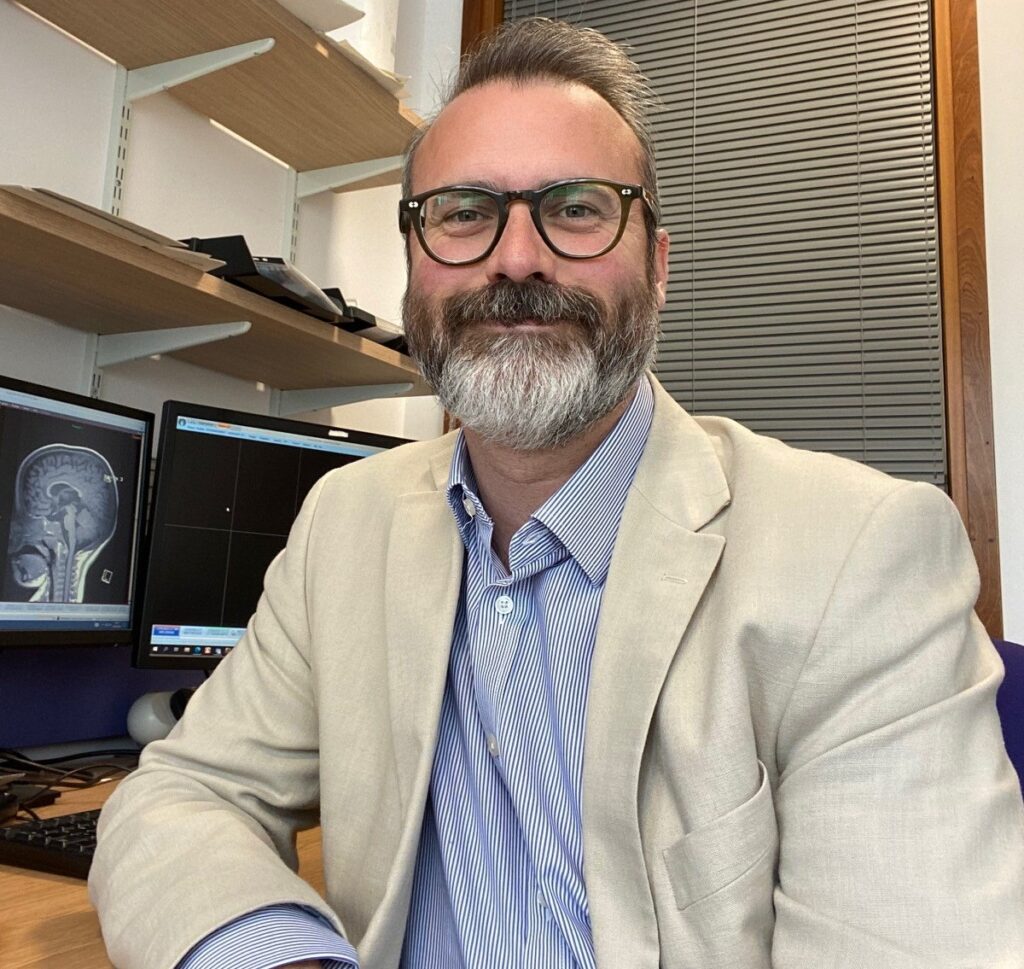
He said: “We are really pleased to be able to offer this new pioneering treatment to the first patient in the UK.
“It’s potentially life changing for this particular group of patients who are living with epilepsy which affects their quality of life enormously.”
He explained that when someone’s epilepsy affected a part of their brain which could not be removed, this device could be perfect.
He said: “For example, the cortex which controls movement in the arm, leg or face; or the production or understanding of speech.
“In some cases we would have performed the surgery, or we might have said ‘it’s too risky we can’t do anything for your epilepsy’.
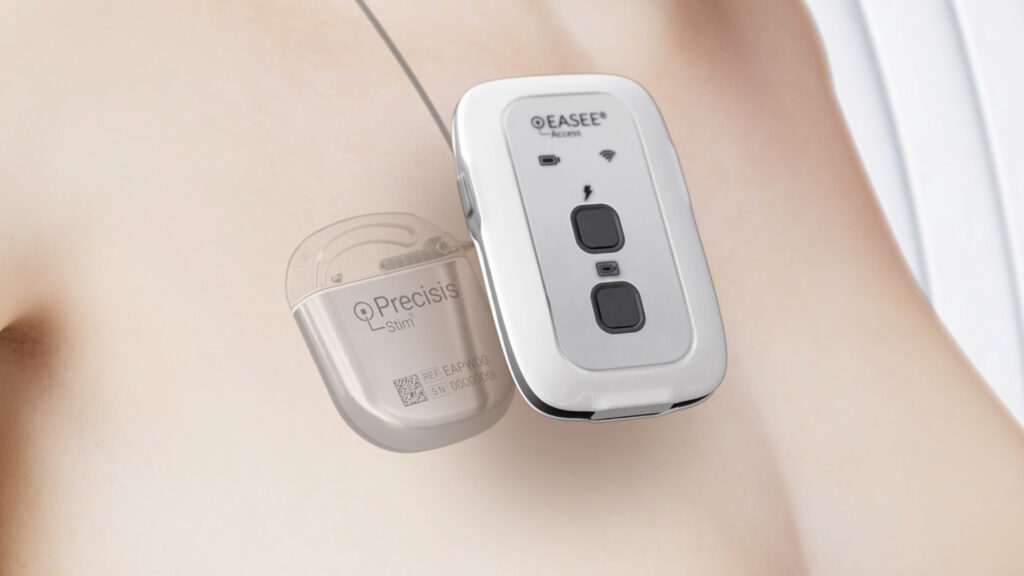
“Now we can fit this implant in less than an hour, which is potentially life-changing for patients with certain types of epilepsy and has shown to reduce the severity and incidence of seizures in patients in Europe.”
The surgeon said the hope was that similar devices could prove useful in future for treating conditions from chronic pain to Parkinson’s.
He added: “There’s a lot of investment going into this field.
“As the technology develops, it’s becoming more effective, and the future looks really good for patients.”

Karl Stoklosa, chief executive at Precisis, which manufactures the device, said, “We are delighted to have partnered with Newcastle Hospitals to bring the first EASEE implant to a patient in the UK.
“Over one in 100 people live with epilepsy in the UK, which is often a lifelong debilitating condition.
“Today is a very important step for people to have a wider option of treatment on the NHS which gives hope to people who are non-responsive to medication.”
READ MORE: Jack Grealish ditches floppy hairband curtains for ponytail and fans are split





